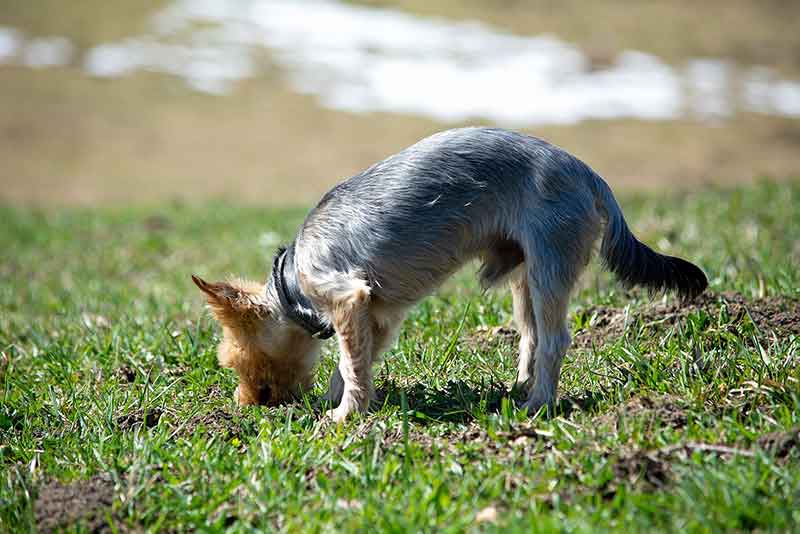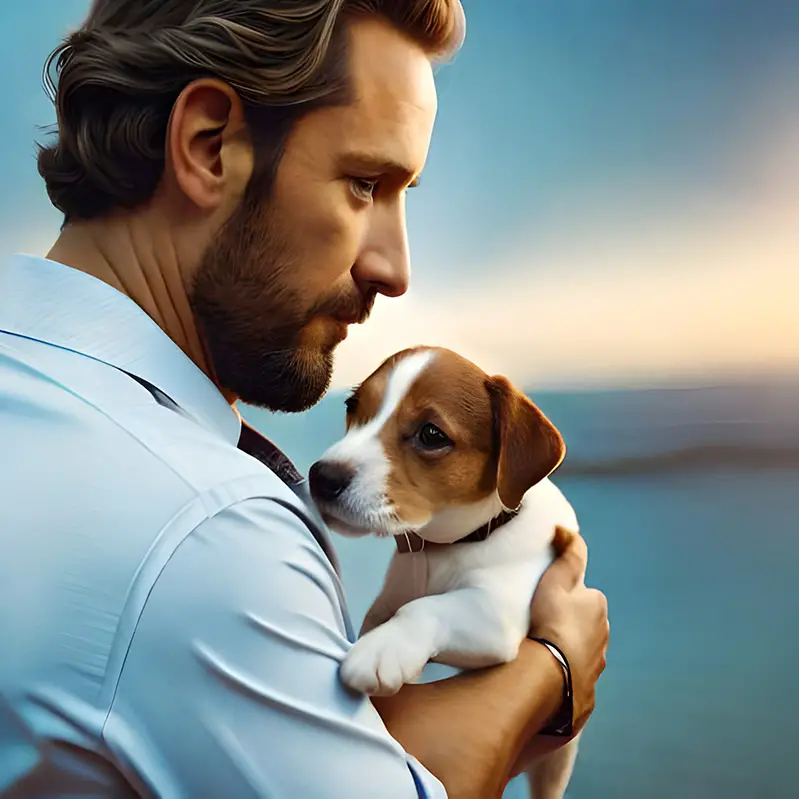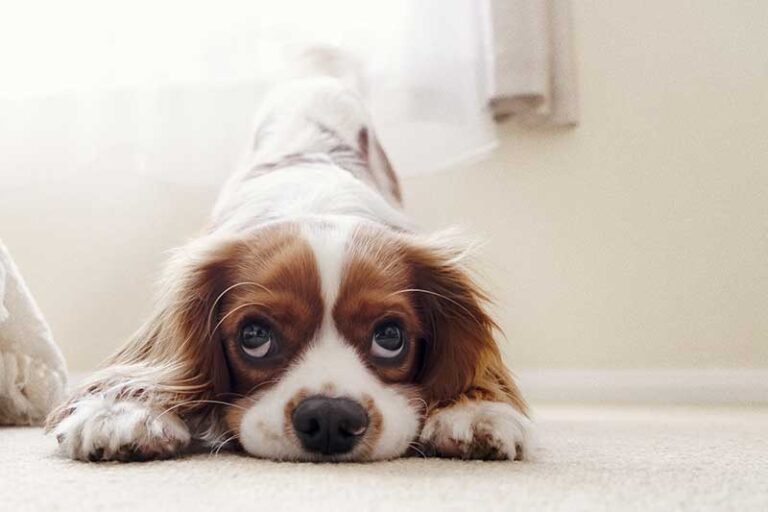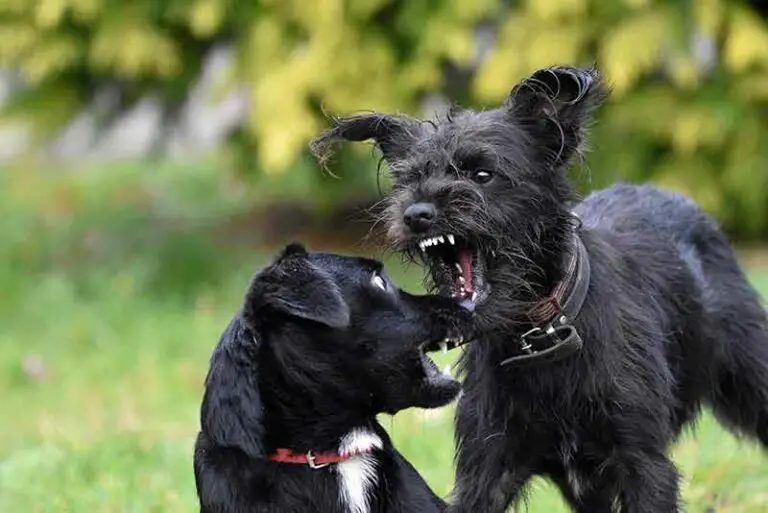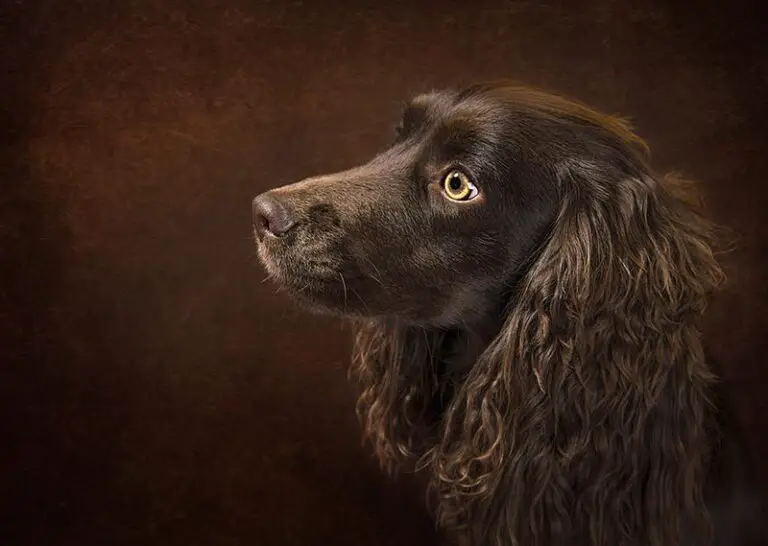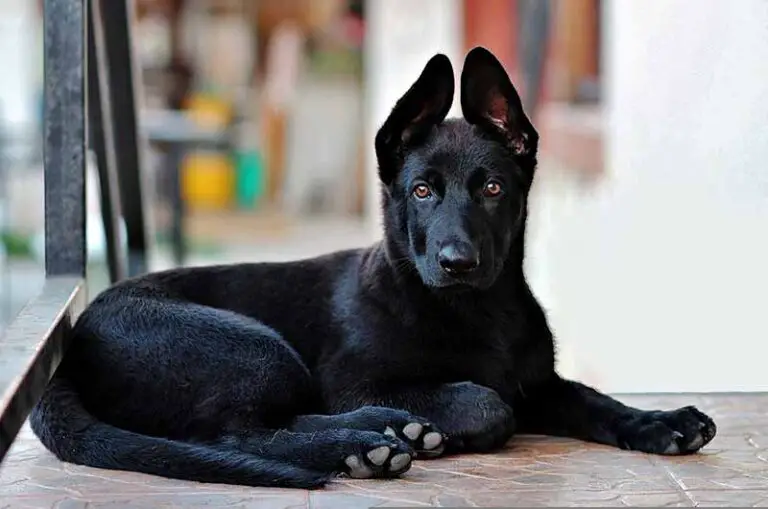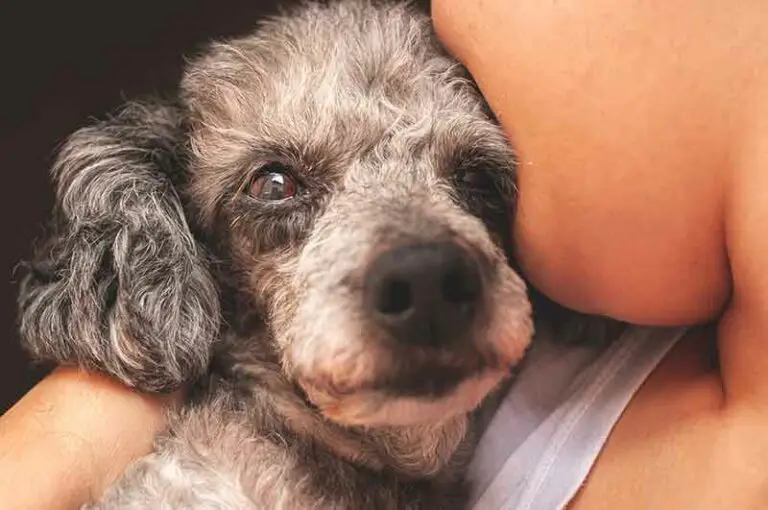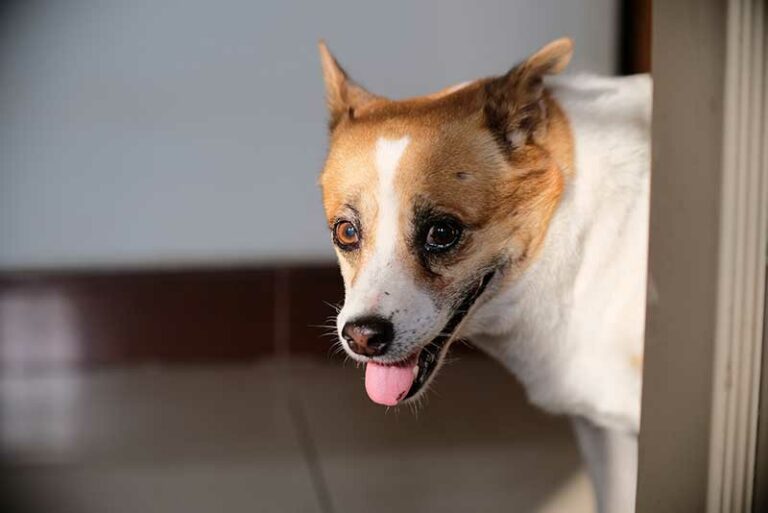Why Do Dogs Smell Their Poop? Should You Let?
Have you ever taken your dog outside to relieve himself? Considering that it is a routine for your dog, you will undoubtedly say “yes” to this. What you may have noticed and become concerned about is that your dog smells its poop after they have done its business!
So, why do dogs smell their poop? There are multiple explanations for this, including simple curiosity, checking on their health, etc. Still, there are also some that you could find extremely surprising.
You might be interested in reading – Why Do Dogs Smell Each Other’s Bums? Should You Let Them?
Read on for more information on why dogs smell their poop? And what happens if they do, as well as advice on how to stop such behaviors.
Why Do Dogs Smell Their Poop?
Let’s first discuss how dogs smell before going into the reasons why dogs smell their poop. Dogs have 10,000–100,000 times more sensitive noses than people have. For instance, when you smell meals, you probably aren’t detecting the distinct aromas of the ingredients.
In contrast, your dog would detect these specifics and many more, including the cook’s identity. It allows them to learn information about other animals as well.
So how does your dog’s behavior of smelling like poop fit in? Due to their two anal glands, dogs may incorporate their own scent into their poop, which is typically used to understand their immediate environment and themselves.
Do Dogs Like The Smell Of Their Poop?
It makes sense for a dog to smell the poop of another dog to get to know them better, whether they are a friendly dog or a potential enemy. But why do dogs smell their poop – is it because they like the smell, or for some other reason?
Not entirely; it might be a combination of the dog’s preference for the smell and its curiosity, which must have been passed down from their canine ancestors, who lived in harsh conditions rather than comfy houses like today.
Your dog may also be trying to become familiar with its own scent. The simplest way to tell their poop apart from other dogs’ poop is to smell it.
It is especially true for young puppies who have not yet developed a sense of smell. No matter how hard you try to keep them away from it, you could catch them repeatedly trying to smell their own poop.
Another reason to answer why dogs smell their poop is to check on their health. This may be a surprising fact to you, but dog poop can indicate a lot about a dog’s disease.
So, if you catch them occasionally sniffing their poop, don’t be alarmed; they’re just like us, trying to figure out their bodies.
Do Dogs Know The Smell Of Their Own Poop?
Dogs are capable of knowing the smell of their own poop, so the answer is yes. The simplest answer to why do dogs smell their poop is what I previously mentioned; dogs learn about their immediate surroundings and who has been there by smelling poop.
That is, becoming familiar with their own poop is the way they identify other dogs because each dog’s poop smells different.
It will also assist your dog in establishing his territory and keeping other dogs away from the house.
Should I Let My Dog Sniff Poop?
You now understand why dogs smell their poop. Although it is common behavior for dogs, you should not always let your dog sniff the poop. But why?
It is because diseases like Salmonella or E.coli infections can easily spread through poop. E.coli is more prevalent, but both infections result in digestive problems, which can produce symptoms including vomiting, dehydration, or diarrhea.
In more serious cases, a hospital stay is required, during which time the dog will also receive plenty of fluids and antibiotics.
Canine parvovirus is a deadly disease that can also spread through poop. The parvovirus can also affect the intestines, causing symptoms like vomiting, dehydration, diarrhea, fever, and loss of appetite. Infected dogs excrete large levels of the virus in their poop.
Therefore, if your dog is healthy but smells an infected dog’s poop or even their butt, he could become ill with parvo.
Canine flu can also infect your dog. Like how people get the flu, sneezing, coughing, or coming into contact with the poop of an infected dog, can cause your dog to become ill.
A few symptoms of canine influenza are a runny nose, cough, fever, loss of appetite, and sedentary behavior. Kennel cough, which is spread similarly to canine influenza, is another illness that is more challenging to treat.
Dog poop may also carry several worms, including ringworm, hookworm, and tapeworm. Therefore, you must be cautious to avoid worm infections. Early on, your dog might not exhibit any symptoms, which would let them infect other dogs through their poop.
The dog may experience weight loss, anemia, and tiredness while the worms multiply inside the digestive tract. They can have gastrointestinal problems, including vomiting and diarrhea.
Although seeing dogs smell their own poop may seem unusual to you, it is pretty common dog behavior. The reasons are harmless for the question you have been asking – why do dogs smell their poop? But if things are looking to be getting out of hand and you’re worried your dog might get sick, you should take action.
Picking up the poop before your dog has the chance to smell it is one of the easiest ways to prevent this. Another option is to keep your dog on a leash, particularly when going on walks.
Using a leash can prevent your dog from getting too close to another dog’s poop. When taking your dog for a walk, you must pay attention to where his gaze is directed.
Even if you don’t notice any poop on your dog’s feet after they go outside, cleaning them is still a good idea.
It is because poop and soil can combine, and diseases like parvo which can survive in the soil for up to a year, can easily spread.
Thank you for reading this post. Stay tuned with Jack Russell Owner for more interesting posts like this.

